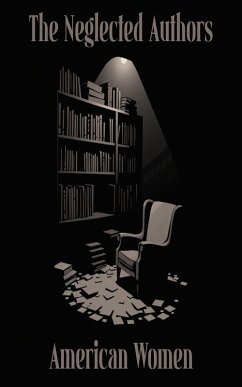Throughout the long centuries of human history is the want, and the need, to share information, to exchange ideas and for that knowledge and experience, for curiosity and learning, to be the basis of a civil society.
In literature the ambition is much narrower. In order to be known, to be popular, you had to be published. And for that people had to know you existed and your ideas worth reading. Obviously for most of humanity's time people couldn't read and texts couldn't be published in any great number.
In the 15th Century Gutenberg's printing press began the revolution to address the second and by the 19th century had gathered pace with startling speed and mass distribution. Education for the many was brought in to help people understand more of their world and, with new skills, how to have a better place within it. Now, if the powers that owned the presses and means of distribution agreed an audience would now be able to avail themselves of your ideas, your printed words.
All too often the talents of women have been scorned, mocked and laughed at. In reality that was more usually by those who's own talents were hardly fit to even grace their shadows.
But society in general still connived and set women to one side in almost everything that men considered their rightful territory. And literature was one such territory. Remarkably resilient as well as talented these women strove to be published, to show themselves as equals. The results more often than not proved that they were.
Sadly, in the thirst for the new, the recent and the past fell from sight, relegated to dark corners and dusty shelves.
But the printed word is rarely without someone, somewhere busying themselves through piles of papers and books rediscovering what a good story is, whatever its age.
In this volume we offer up a small selection of talents from the literary landscape of American women authors whose time has now come again.
Hinweis: Dieser Artikel kann nur an eine deutsche Lieferadresse ausgeliefert werden.
In literature the ambition is much narrower. In order to be known, to be popular, you had to be published. And for that people had to know you existed and your ideas worth reading. Obviously for most of humanity's time people couldn't read and texts couldn't be published in any great number.
In the 15th Century Gutenberg's printing press began the revolution to address the second and by the 19th century had gathered pace with startling speed and mass distribution. Education for the many was brought in to help people understand more of their world and, with new skills, how to have a better place within it. Now, if the powers that owned the presses and means of distribution agreed an audience would now be able to avail themselves of your ideas, your printed words.
All too often the talents of women have been scorned, mocked and laughed at. In reality that was more usually by those who's own talents were hardly fit to even grace their shadows.
But society in general still connived and set women to one side in almost everything that men considered their rightful territory. And literature was one such territory. Remarkably resilient as well as talented these women strove to be published, to show themselves as equals. The results more often than not proved that they were.
Sadly, in the thirst for the new, the recent and the past fell from sight, relegated to dark corners and dusty shelves.
But the printed word is rarely without someone, somewhere busying themselves through piles of papers and books rediscovering what a good story is, whatever its age.
In this volume we offer up a small selection of talents from the literary landscape of American women authors whose time has now come again.
Dieser Download kann aus rechtlichen Gründen nur mit Rechnungsadresse in D ausgeliefert werden.
Hinweis: Dieser Artikel kann nur an eine deutsche Lieferadresse ausgeliefert werden.









